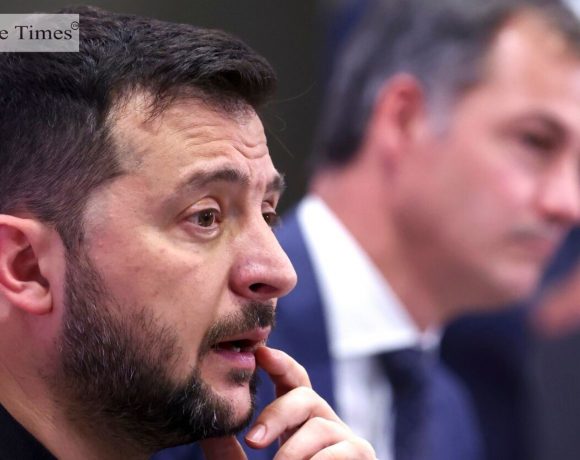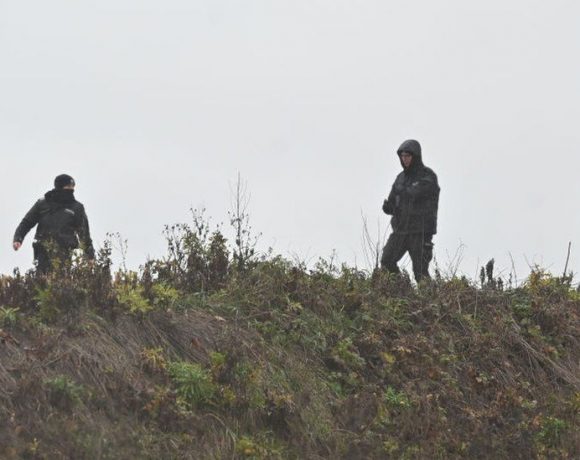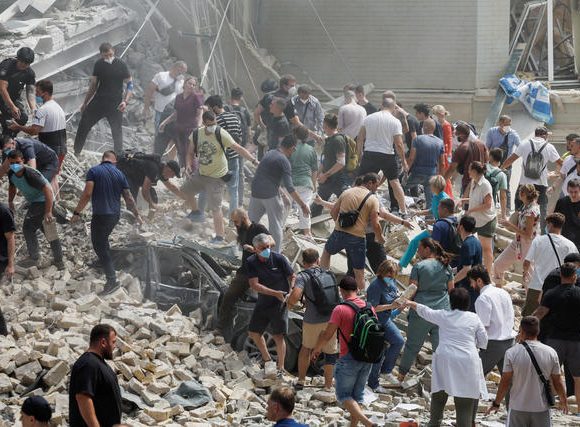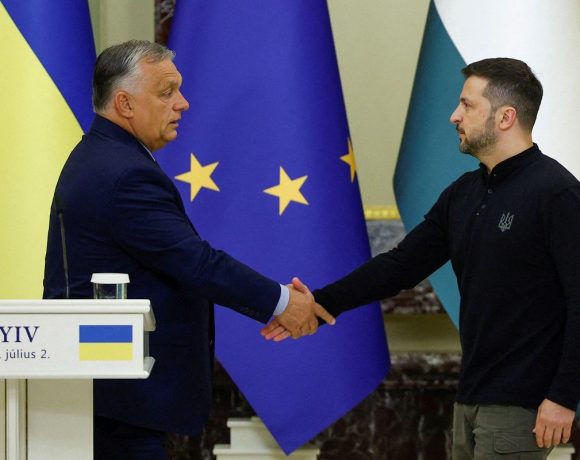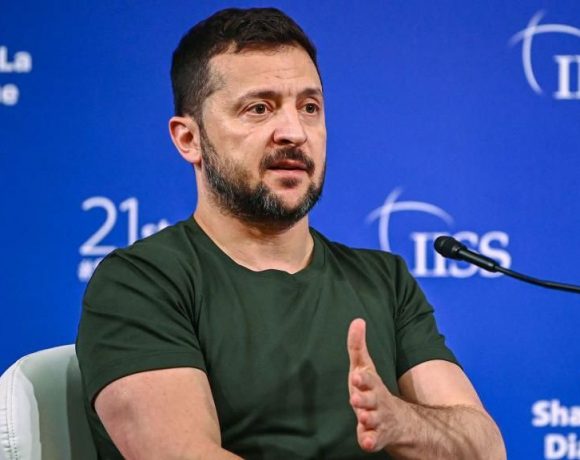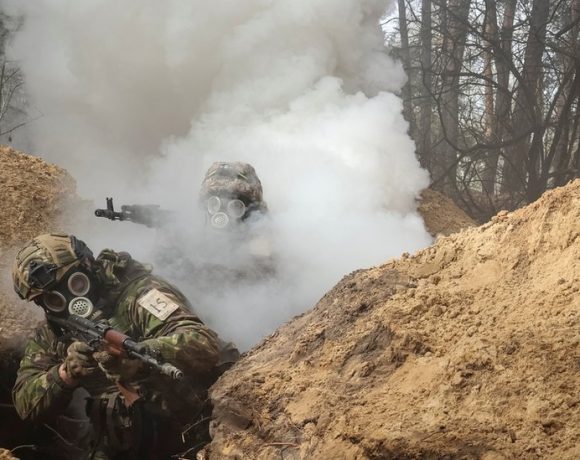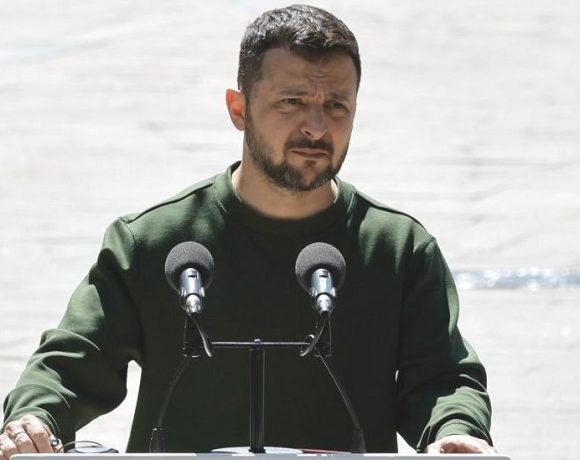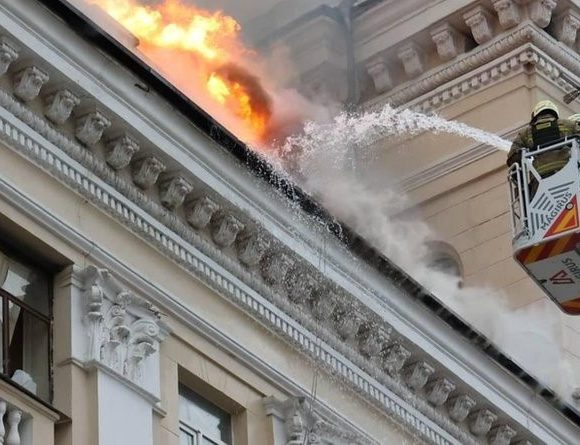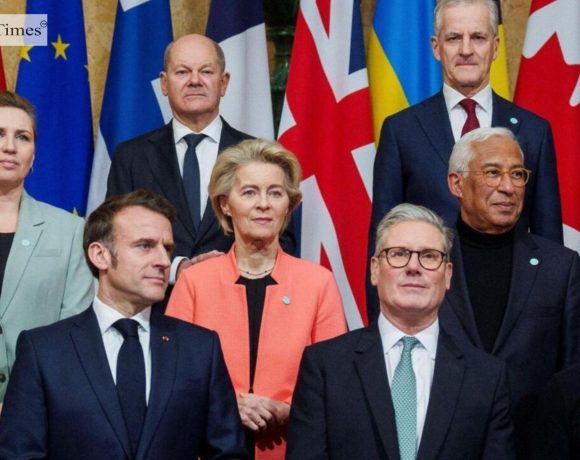
European Union leaders are set to endorse bold measures to boost defence spending and reaffirm support for Ukraine during a high-stakes summit in Brussels on Thursday. The meeting, attended by Ukrainian President Volodymyr Zelenskiy, comes amid growing concerns over the U.S.’s shifting stance on military aid under Donald Trump. French President Emmanuel Macron has stressed the need for Europe to prepare for its own security, even suggesting that France’s nuclear arsenal could be extended to protect EU allies. Meanwhile, Germany is moving to loosen borrowing limits to fund additional defence spending, and the European Commission has proposed mobilizing up to €800 billion for European defence.
Despite widespread European support for Ukraine, internal divisions remain, with Hungary’s Prime Minister Viktor Orban threatening to veto a statement backing Kyiv. EU foreign policy chief Kaja Kallas has proposed a military aid pledge of at least €20 billion for Ukraine in 2025, but disagreements persist over contributions, with Nordic and Baltic nations urging larger commitments from France, Italy, and Spain. Paris, Rome, and Madrid reject claims they are not doing enough, arguing that public figures do not fully reflect their military contributions.
The summit highlights the deepening geopolitical rift as Europe seeks to bolster its security in the face of a potentially reduced U.S. role. Trump’s mixed signals on NATO and Ukraine have fueled concerns about European defence autonomy, prompting urgent discussions on coordinated military efforts. While most EU nations are eager to reassure Ukraine of continued support, Orban’s opposition underscores lingering fractures within the bloc. European leaders are now working to finalize concrete defence measures and financial commitments to safeguard the continent’s security.
Pic Courtesy: google/ images are subject to copyright

